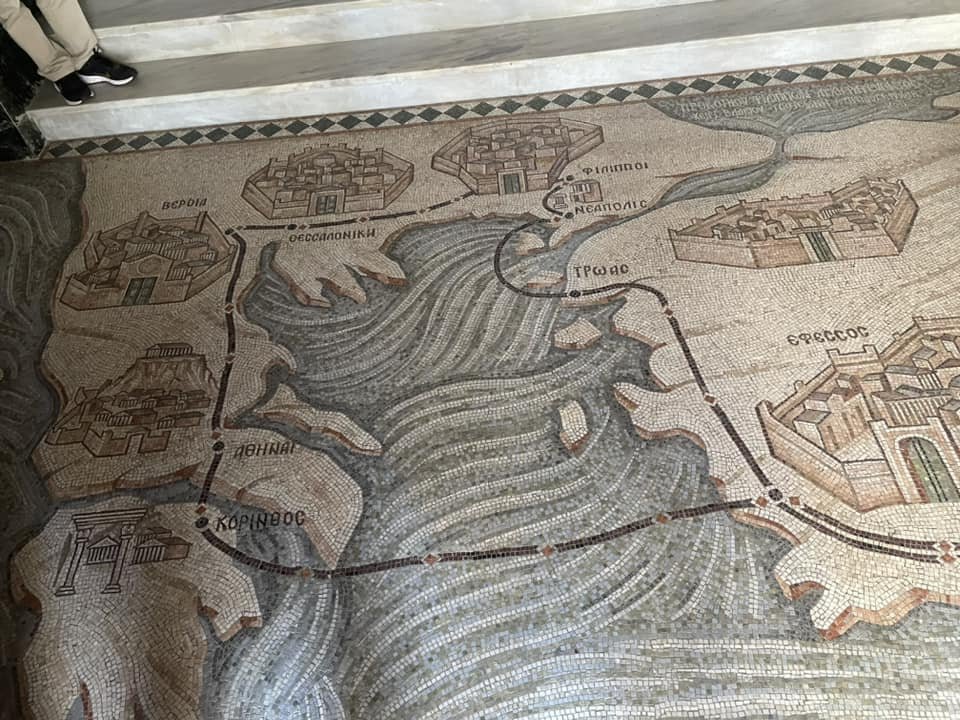The Coronation
I was one of the estimated 18.8 million people who tuned into the coronation of King Charles III last Saturday evening. It was incredible to see the crown jewels being used for their actual purpose. I remember seeing the from behind the glass box when I was 12 years old and we visited the Tower of London, where they are housed.
As each item was brought forward to the King I was amazed that they were actually handling these priceless objects. To then see his rich, golden, purple and jewel-encrusted crown placed on his head, I found myself being moved as I witnessed such a significant moment in the history of Britain.
Regardless of where you sit within the monarchist-republican debate here in Australia, the coronation of the King was a momentous occasion. It showed us that the traditions of the monarchy still carry a great deal of meaning for so many.
The ceremony itself was incredibly rich in imagery. Apart from the actual moment of crowning, there were two moments of the ceremony that moved me but for two different reasons.
‘receive this book, the most valuable thing that this world affords.’
The first was early in the service when King Charles III was presented with a Bible from the current leader of the Church of Scotland. As he did, he said the words: ‘receive this book, the most valuable thing that this world affords.’ To hear such a clear proclamation of the worth and value of the Bible in the context of a King’s coronation in our current cultural moment was deeply powerful. It may have even produced an involuntary ‘amen!’ from me in my lounge room.
The second part of the coronation that I reacted to, was the anointing of the King behind a screen. The act of anointing is the idea of setting apart someone for a particular service. It is deeply rooted in the Old Testament practice of anointing kings. But doing it behind a screen so that people were unable to see what was going just made me sad. Not because we didn’t get to see the famous gold spoon, but because of the message it communicated. It communicated a message that the sacred is to be hidden from the world. This goes completely against the message of Christianity. Because the key moment of the crucifixion of Jesus was the Temple curtain being torn from top to bottom as Jesus dies (Mark 15:37-38). This symbolised that through Jesus we have access to God. The sacred is not to be hidden from the world. All has been revealed!
But what does all this mean for us, and our life and times?
As I reflect on this question, I think that the coronation showed us how deeply ingrained Christianity is in our Western culture, whether we like to acknowledge it or not. It may seem like mere tradition, but each ceremonial act carried with it deep meaning.
At a time where society is moving at a rapid pace and where we seem to be in a constant state of flux and change, the coronation ceremony, and the world’s willingness to pause to take in this significant historical event, has shown us that perhaps we don’t mind the tradition after all.
This reflection was first published in Orange City Life.




Often, we build something up so much in our minds, that the experience we want becomes almost unattainable. We romanticise what we think it will be like and we think “If I can just do this one thing or tick this one experience off my bucket list, then I will be able to feel a sense of fulfilment that I wouldn’t necessarily have had otherwise”.